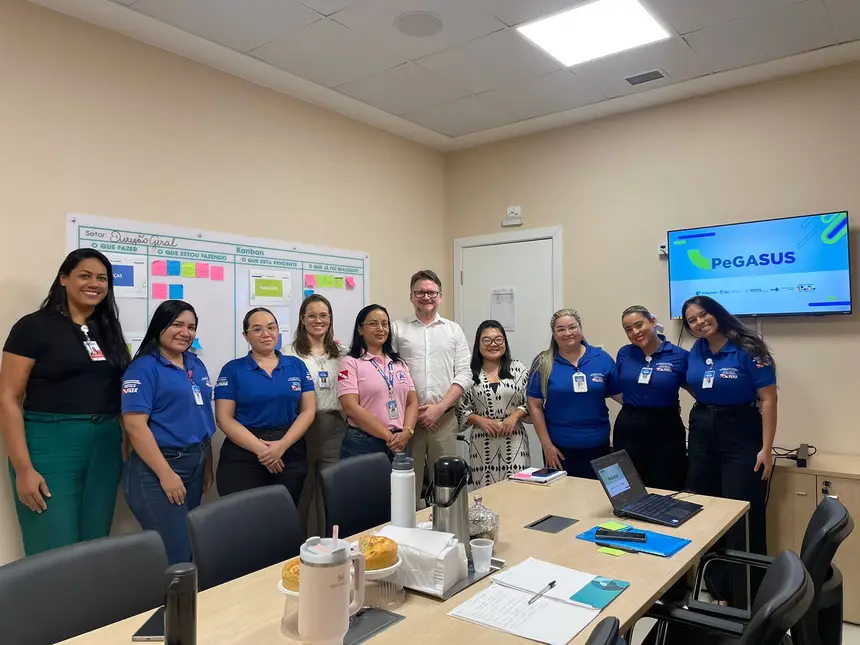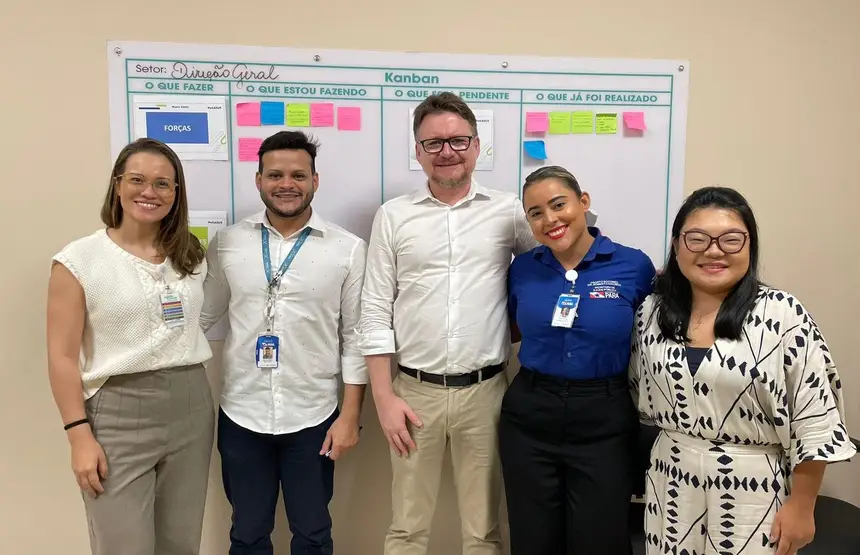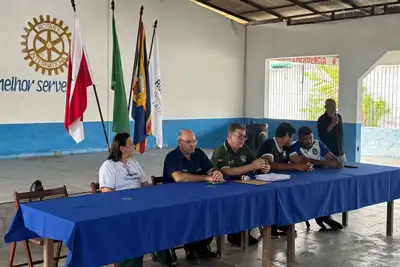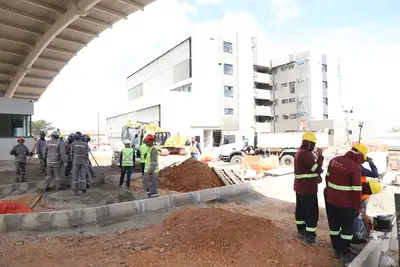State Emergency Room Selected for Antimicrobial Management Program
The initiative strengthens the implementation of practices for the rational use of antimicrobials in units serving the Unified Health System
Dr. Roberto Macedo Emergency Room (PSRM), in Belém, is one of the hospitals selected to participate in the Antimicrobial Management Program (PGA) in SUS Hospitals (PeGASUS), an initiative of the German Oswaldo Cruz Hospital (HAOC), in partnership with the National Health Surveillance Agency (Anvisa), and support from the Ministry of Health, the National Council of Health Secretaries (Conass), and the National Council of Municipal Health Secretaries (Conasems).
For alignments regarding the Emergency Room's participation in PeGASUS, on the morning of this Tuesday (8), the hospital management received the Program team at the health unit, a reference in urgent and emergency care in the Metropolitan Region of Belém, especially for residents of neighborhoods around Avenida Augusto Montenegro and districts of the capital of Pará.
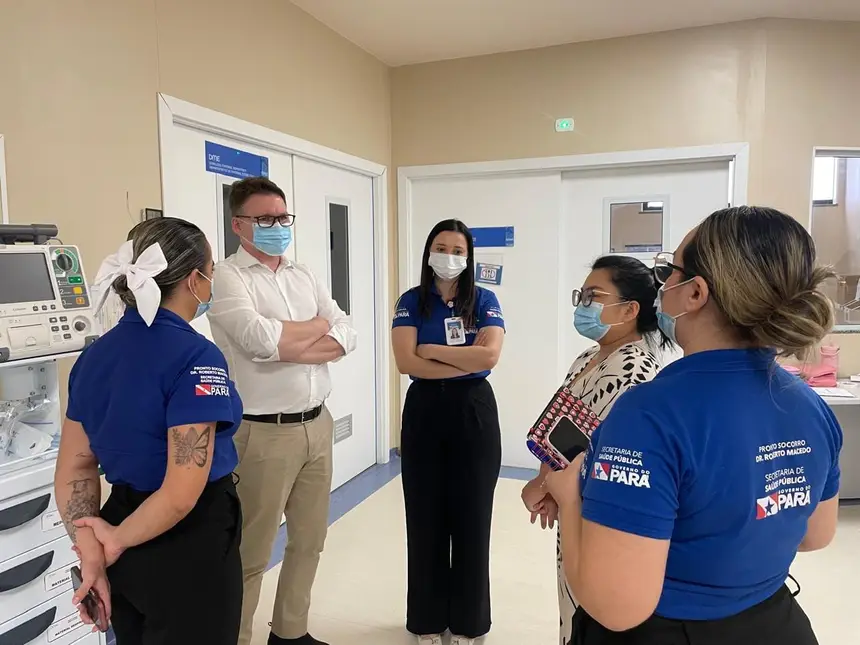
Optimization - PeGASUS was initiated in 2024, with the proposal to strengthen the implementation of practices for the rational use of antimicrobials in the Unified Health System, combating the growing microbial resistance and promoting direct improvements in patient safety, length of stay, and hospital costs.
According to infectious disease specialist Natália Rodrigues, from the Health-Related Infection Control Service (SCIRAS), the Antimicrobial Management Program (PGA) aims to optimize the use of antimicrobials in health services, considering effective clinical outcomes, risk and cost reduction, and combating microbial resistance through a multidisciplinary effort.
The specialist informs that the development of the Program in the Emergency Room will involve several stages, with the creation of goals and actions to be fulfilled within the determined timeframe, aiming to identify barriers to the rational use of antimicrobials. "According to the reality of each service, the strategic model will be thought out by the essential components, which involve the Hospital Infection Control Service (SCIH), leaderships, nursing, physicians, and clinical pharmacy. There will be in-person meetings with project representatives, as well as online classes and virtual meeting moments, depending on the need," informs the infectious disease specialist.
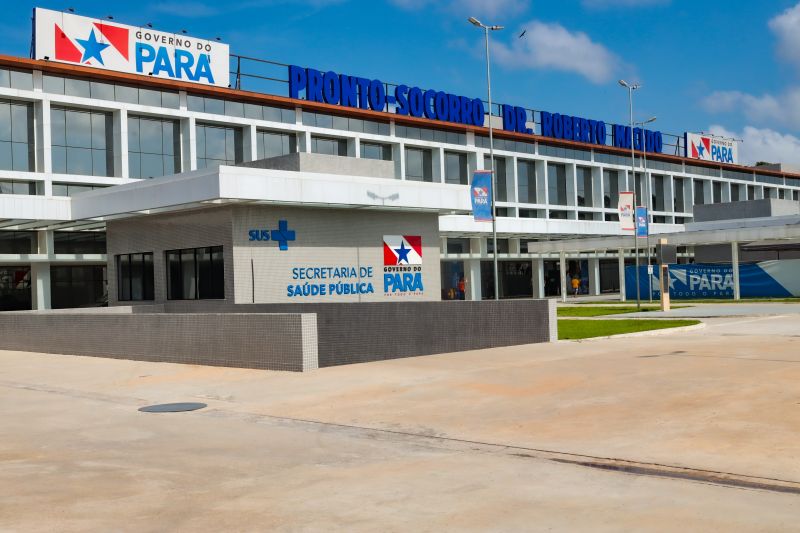
According to estimates from the World Health Organization (WHO), antimicrobial resistance (AMR) was responsible for 1.27 million deaths worldwide, and that only in 2019 it contributed to 4.95 million deaths, in addition to significant economic costs. Elected by the agency as one of the ten greatest threats to global public health, without action being taken, it is estimated that by 2050, the problem will cause the loss of 10 million lives worldwide annually, in addition to an economic loss of 100 trillion dollars. This year, the main mobilization will take place from November 18 to 24, during the World Antimicrobial Awareness Week.
Actions at PSRM - The initiative, which is part of the Institutional Development Support Program of the Unified Health System (Proadi-SUS), in addition to actions such as technical training, raising awareness among managers and health professionals, and continuous monitoring of the implemented strategies, the results of the study should demonstrate the positive impact of the systematic application of Antimicrobial Management Programs (PGAs) in hospital routines and in combating antimicrobial resistance in Brazil.
The Emergency Room has been adhering to initiatives aimed at improving the quality of care provided at the Emergency Room, such as enrolling to participate in PeGASUS, as a way to further qualify the care for the population of Pará.
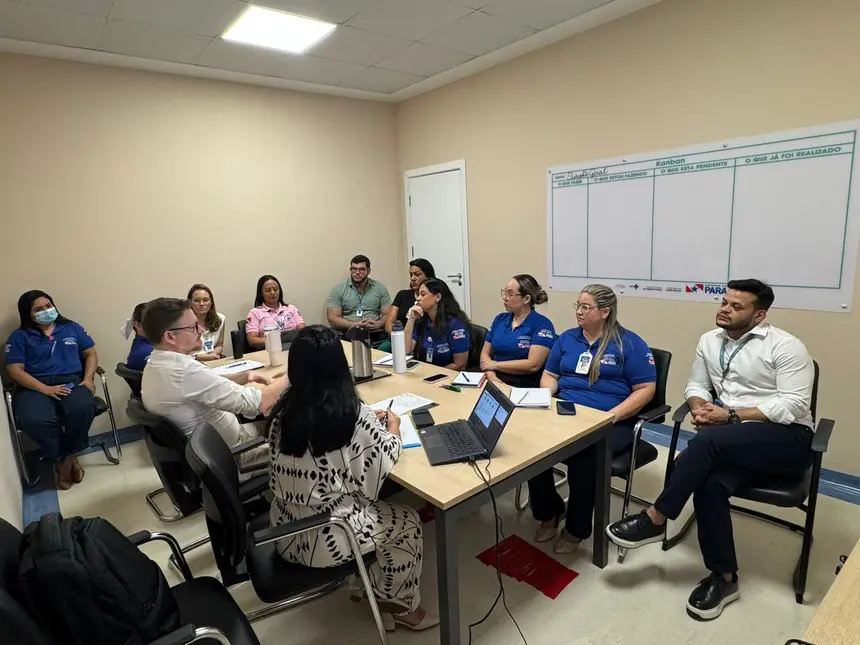
Only in 2025, PSRM performed 65,089 urgent and emergency care in the adult and pediatric sectors, accounting for, so far, 3,643 hospitalizations and 2,433 surgeries and medium and high complexity procedures, including minimally invasive techniques such as videolaparoscopy.
For the general director of PSRM, Carlos Vinicius Ribeiro Quadros, "antimicrobial resistance is a very significant challenge for health units, represents a growing threat to global public health, and requires action from all sectors of government, society, and the hospital community. "We are very happy with the selection of our Emergency Room to be part of a project of this magnitude and importance. By joining the Program, we are reaffirming our commitment to patient safety, the effectiveness of treatments, and the quality of health care as a whole."


